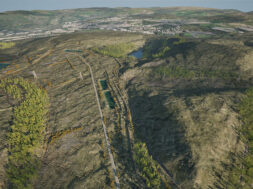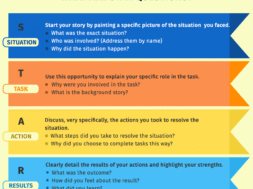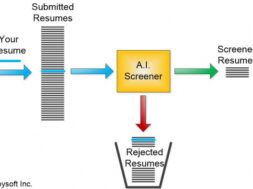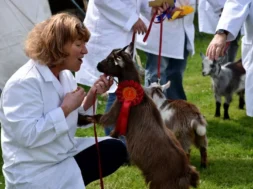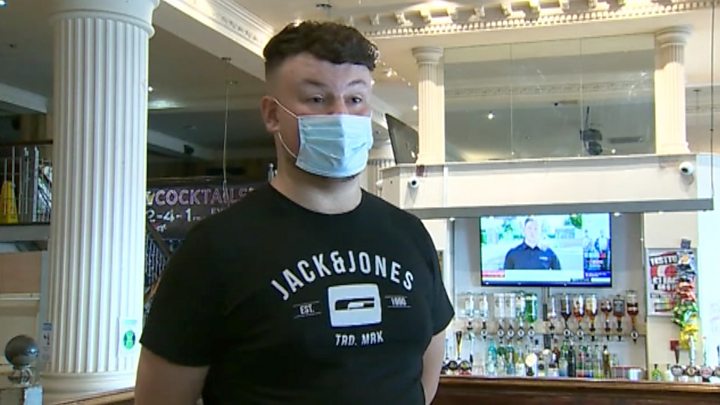
Covid in Wales: New lockdowns loom as more areas are monitored
Covid in Wales, hundreds of thousands of people will have new local lockdowns imposed later, with a warning that more areas are being monitored.
Bridgend, Blaenau Gwent, Merthyr Tydfil and Newport will face new restrictions from 18:00 BST as cases rise.
Dr Giri Shankar, of Public Health Wales, said Cardiff, the Vale of Glamorgan, Carmarthenshire, Swansea, Anglesey, Conwy, Denbighshire and Flintshire are also being monitored.
He added they could face lockdowns.
Caerphilly and Rhondda Cynon Taf were the first areas to have local lockdowns as a result of Covid in Wales.
First Minister Mark Drakeford is taking part in talks on Monday morning, chaired by Prime Minister Boris Johnson, on efforts to tackle the rise in coronavirus across the UK.
Scotland and Northern Ireland ministers are also attending the emergency Cobra meeting, along with senior government scientific advisers.
Wales’ Health Minister Vaughan Gething is due to hold a meeting with the local authorities affected by the tighter restrictions, as well as neighbouring councils, the NHS and police, for what he described as a “joined-up regional conversation”.
He told a media briefing on Monday that if data suggested further restrictions were needed across the whole region “then we can, of course, make that decision”.
Dr Giri Shankar, a coronavirus incident director at Public Health Wales, said people were “really diligent” during the first lockdown and coronavirus case numbers came down – but success is dependent on compliance.
He said local lockdowns needed to be in place for a minimum of three weeks in order to have any effect, and it was hoped a national lockdown would be avoided.
“I certainly hope that we don’t get to that position but if case numbers continue to go up and we see more people going into hospital and needing intensive care and we see cases in our vulnerable groups… we might have to consider complete lockdowns.”
- What can I do during local lockdowns?
- English pubs to close at 10pm amid Covid in Wales spread
- Covid in Wales – Covid 19: How many cases are there in Wales?
He said case numbers were still increasing in RCT despite the lockdown but seemed to be stabilising in Caerphilly.
“That doesn’t always mean people are not complying, we’ve also initiated active case finding so we’re working hard to find cases and some of the case numbers can be explained because of that.”
Hospitalisations have started to go up, he added, and “sadly at some point we will expect to see some fatalities”.
Merthyr has the highest Covid-19 case rate in Wales over the past week with 102.8 cases per 100,000, with 83.3 in RCT, 60.1 in Blaenau Gwent, 53 in Caerphilly and Bridgend, and 45.3 in Newport.
Public Health Wales’ data, published on Monday, showed Wales’ average was 29.2 cases per 100,000.
The new restrictions affect 431,000 people, meaning just over 850,000 will be under local lockdown from Tuesday at 18:00 BST – more than a quarter of the 3.1m people who live in Wales.
What are the new restrictions?
Under the rules, nobody is able to enter or leave the six counties without a “reasonable excuse”.
Excuses listed in the law include travelling to work if you are not able to work from home, to go to school, or to give care.
You can travel to buy food and medical supplies, seek medical assistance or go to the vets, and move home.
If you are buying essential items and there is no reasonable alternative to using shops within these counties, you can do so.
However, in most cases there are expected to be alternative options, even if this involves travelling a bit further than you would normally.
Other reasons include:
- Obtaining supplies for the essential upkeep, maintenance and functioning of the household, or the household of a vulnerable person
- Elite athletic training and competitions
- To provide or receive emergency assistance
- To meet a legal obligation, and to access or receive public services
- To avoid injury or illness or escape a risk of harm
Otherwise, the borders are effectively closed.
Friends and family can no longer meet indoors, while overnight stays are also banned.
All licensed premises, including pubs, will have to shut at 23:00.
‘It is something we were fighting to avoid’
“Despite the warnings that we needed to follow the rules already in place, we have seen numbers of cases continue to rise significantly,” she said.
Ms Mudd added there was evidence of people entering each others’ homes and spread the virus, showing social distancing had “lapsed” – and proving its importance.
“The vast majority have worked really hard to follow these rules and it is unfortunate that some have become complacent.”
Bridgend council leader Mr David said: “There is a chance that we can avoid local restrictions in other parts of Wales, but it is down to the people of Wales strictly following the law and following the guidance.”
He said people should maintain social distancing, wash their hands frequently and “if they’ve got the symptoms, stay at home”.
Blaenau Gwent council leader Nigel Daniels said: “Only by working together can we help break the cycle of infection, protect our loved ones, the wider Blaenau Gwent community and prevent further more widespread restrictions.”
Merthyr Tydfil council deputy leader Lisa Mytton said she was “deeply disappointed” by the need for a local lockdown., adding: “It is something we were fighting to avoid.”
Pub staff ‘worried’
Enzo Nigro, senior manager at Potters Pub in Newport, said business had “fallen off a cliff” as a result of Covid in Wales over the past week even before the latest restrictions.
“People come out to enjoy themselves and unfortunately they’re not able, they have to sit at a table and they can’t move from that table, if they see someone across the room they can’t say hello to them.
“We take temperatures on the front door, we take people’s details, we take them to their tables and then we just monitor everything.”
He said he supported the local lockdown “if it saves lives”, but is also worried about his staff.
“They’re all down, they’re all worried as you’d expect them to. When they come to work because we’re not busy, it’s playing on their minds.”

